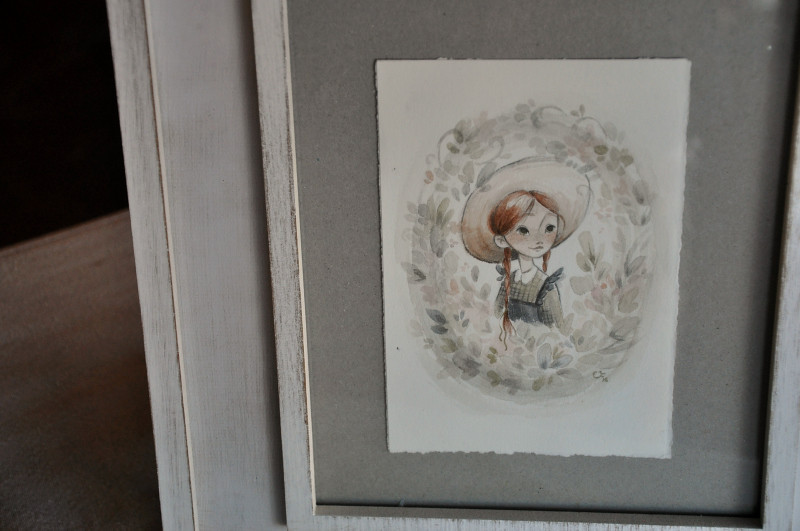
:: How Complaining Rewires Your Brain For Negativity by Dr. Travis Bradberry @ The Huffington Post [There is important information in this post for all of us. After a hilarious conversation on Facebook (and on a less serious note), I’ve started having my kids sing their complaints and arguments to me with jazz hands.]
Repeated complaining rewires your brain to make future complaining more likely. Over time, you find it’s easier to be negative than to be positive, regardless of what’s happening around you. Complaining becomes your default behavior, which changes how people perceive you.
And here’s the kicker: complaining damages other areas of your brain as well. Research from Stanford University has shown that complaining shrinks the hippocampus—an area of the brain that’s critical to problem solving and intelligent thought.
And
When you complain, your body releases the stress hormone cortisol.
:: Here's How Marcus Aurelius Got Himself Out Of Bed Every Morning @ Business Insider [This absolutely tickled my funny bone, but it is so profound. Getting myself out of bed in the morning is a struggle, and I think I need to try some his self-talk. Go read the whole thing.]
At dawn, when you have trouble getting out of bed, tell yourself: 'I have to go to work — as a human being. What do I have to complain of, if I'm going to do what I was born for — the things I was brought into the world to do? Or is this what I was created for? To huddle under the blankets and stay warm?'
— But it's nicer in here ...
So you were born to feel 'nice'? Instead of doing things and experiencing them? Don't you see the plants, the birds, the ants and spiders and bees going about their individual tasks, putting the world in order, as best they can? And you're not willing to do your job as a human being? Why aren't you running to do what your nature demands?
:: The Secret Garden by Frances Hodgson Burnett [Luke and I are working on his persuasive essay for this book, two years after Levi and I discussed it. Chapter 27, In the Garden, is my favorite, and the first few pages concern the power of negative and positive thoughts, for Mary, Colin, and Archibald Craven.]
"In each century since the beginning of the world wonderful things have been discovered. In the last century more amazing things were found out than in any century before. In this new century hundreds of things still more astounding will be brought to light. At first people refuse to believe that a strange new thing can be done--then it is done and all the world wonders why it was not done centuries ago. One of the new things people began to find out in the last century was that thoughts--just mere thoughts--are as powerful as electric batteries--as good for one as sunlight is, or as bad for one as poison. To let a sad thought or a bad one get into your mind is as dangerous as letting as letting a scarlet fever germ get into your body. If you let it stay there after it has got in you may never get over it as long as you live."
“…While the secret garden was coming alive and two children were coming alive with it, there was a man wandering about certain far-away beautiful places in the Norwegian fiords and the valleys and mountains of Switzerland and he was a man who for ten years had kept his mind filled with dark and heart-broken thinking. He had not been courageous; he had never tried to put any other thoughts in the place of the dark ones. He had wandered by blue lakes and thought them; he had lain on maintain-sides with sheets of deep blue gentians blooming all about him and flower breaths filling all the air and he had thought them. A terrible sorrow had fallen upon him when he had been happy and he had let his soul fill itself with blackness and had refused obstinately to allow any rifht of light to pierce through. He had forgotten and deserted his home and his duties.”




















